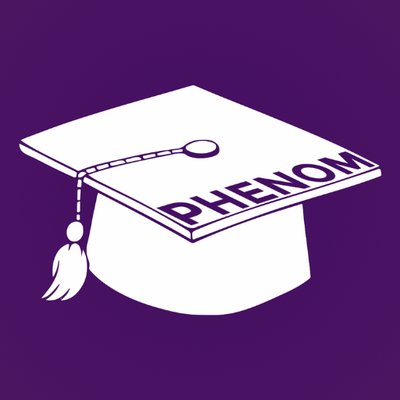Tax reform and student financial aid, two of PHENOM’s top legislative priorities, had hearings at the State House in May.
 On May 5, PHENOM brought more than 50 people from across the state to show support for “An Act to Invest in Our Communities,” which would generate an additional $1.3 billion per year in revenue for the state. The audience of over 500 people heard PHENOM members Chris Wilbur (Bristol Community College) and Max Page (UMass Amherst) explain to the Joint Committee on Revenue the impact repeated budget cuts are having on our campuses.
On May 5, PHENOM brought more than 50 people from across the state to show support for “An Act to Invest in Our Communities,” which would generate an additional $1.3 billion per year in revenue for the state. The audience of over 500 people heard PHENOM members Chris Wilbur (Bristol Community College) and Max Page (UMass Amherst) explain to the Joint Committee on Revenue the impact repeated budget cuts are having on our campuses.Waving yellow signs with messages like “Tax Me” and “I’ll Pay More,” students, staff and faculty made it clear that they had not come to fight for a larger piece of a shrinking pie. Instead, the desire to enlarge the pie brought us together with town officials, human service advocates, K-12 leaders and others.
The bill (SB1416 / HB2553 sponsored by Rep. Jim O’Day and Sen. Sonia Chang-Diaz) would restore the personal income tax rate to 5.95% but would increase personal exemptions so there would be no additional burden on low-income people. It would also raise the tax rate on unearned income (interest and dividends).
Six days later, PHENOM members Stasha Lampert (UMass Boston), Patrick Burke (Westfield State) and Vonds Auguste (a former student) testified before the Joint Committee on Higher Education. They offered moving testimony for H.350, the “Finish Line Grant” legislation crafted by Representative Sean Garballey and PHENOM. This bill would provide scholarships to cover the tuition and fees for the final year at a public college for residents of Massachusetts in need of financial assistance. The two students and one former student told their personal stories and tied them to the societal need for more college graduates. Their common theme was: improving access is important but it’s not enough by itself. Retention and graduation rates are equally important. As Stasha said, “The Finish Line Grant stands as a mediator of this problem of high costs and compromised graduation rates, by helping students who face struggles getting through their final year (or who are looking forward to at some point having a final year). Students would see this grant as a motivator and potential enabler for the completion of their degree.”
PHENOM members also expressed support for two other financial aid bills. House bill 351 would limit to 50% the proportion of state financial aid that went to students attending private colleges. The Education Rewards Grant Program to Assist Low-Income Workers Act (H977/S42) would preserve the only state grant available to low-income students enrolled in college less than half time. ۩
